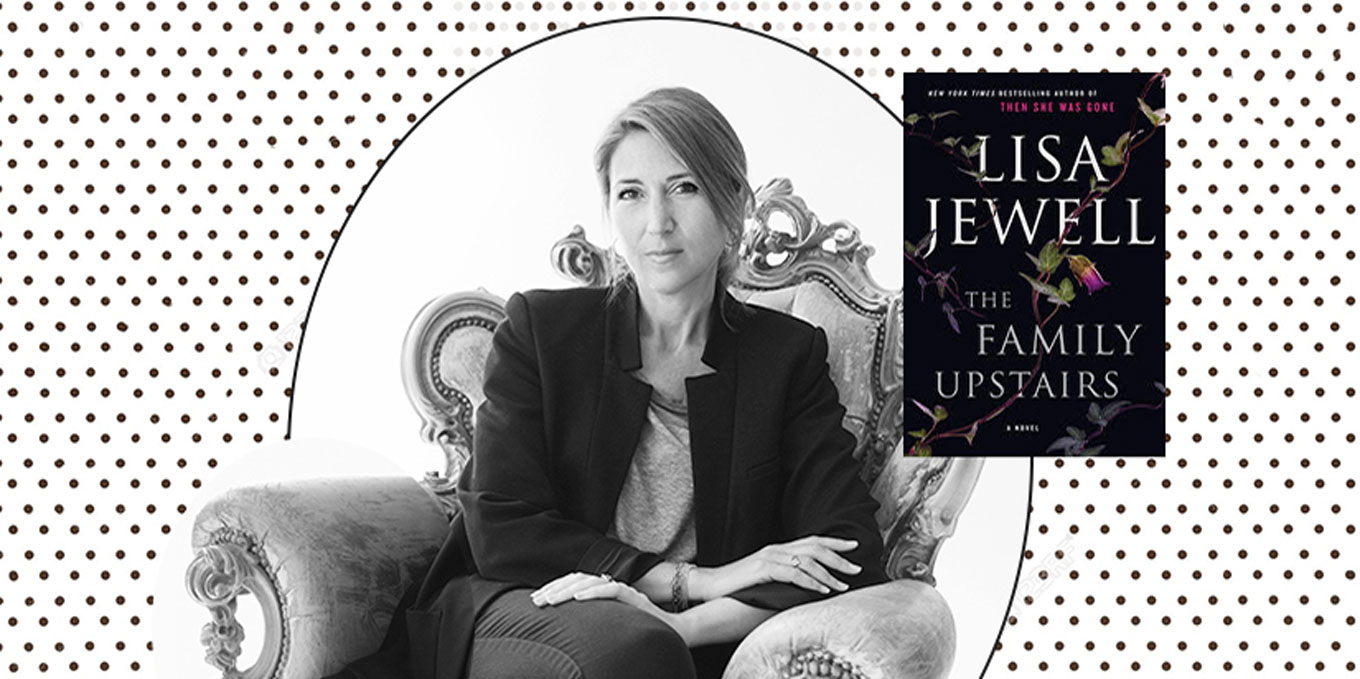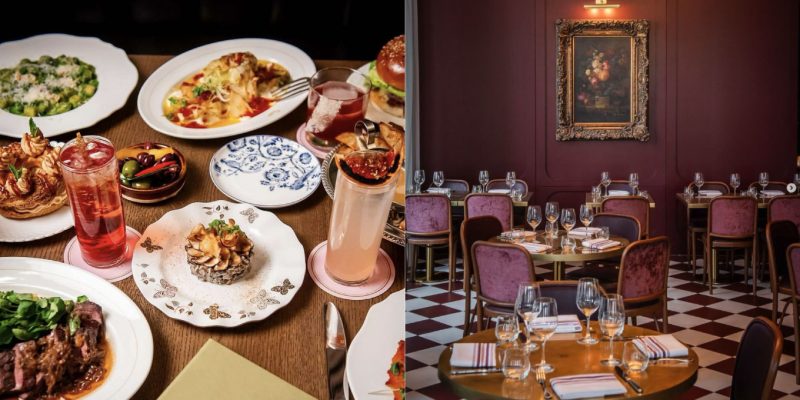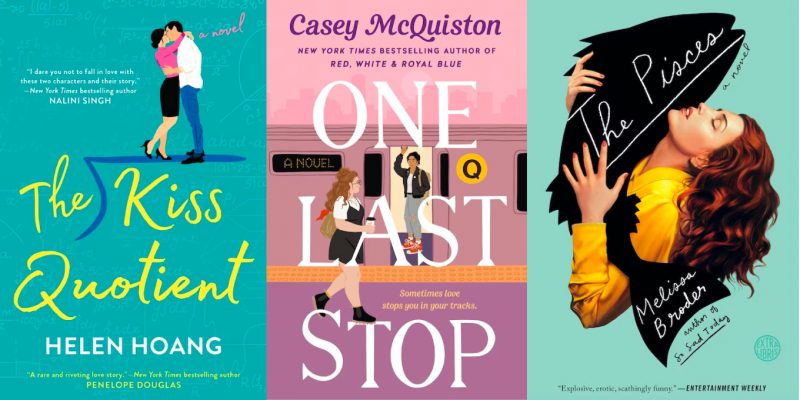Books
The Family Upstairs By Lisa Jewell Is A Must-Read Thriller
To borrow a turn of phrase from the author, this book will “swallow you whole.”
by : ELLE Canada- Nov 5th, 2019

In partnership with
I got through Lisa Jewell’s latest novel, The Family Upstairs, in record time. A day, maybe two? Of course, that’s no real surprise to anyone who has read one of her psychological thrillers. And there’s no shortage of options—the author has penned 18 novels in the past 20 years. But perhaps the best part of my experience with this thrilling read was getting the opportunity to chat about it with Jewell on the phone afterward. I did, of course, come prepared with questions about the book and her career, but it felt a lot like gossiping about the neighbours (in the best possible way) as we discussed Libby and Lucy and Henry, the characters from whose perspectives the tale is told. A brief synopsis: 25-year-old Libby has inherited a house—a mansion, really—that has stood empty for years and was the scene of some very peculiar happenings that culminated in a bizarre crime and some missing children. When the police found her back then, Libby was just a baby—and the only living soul in the house. Her world was turned completely upside down—and that’s just the beginning.
Jewell and I chatted about the ominous house, what makes a great mystery and why, oh why, we just can’t get enough of psychological thrillers.
What is your process when you sit down to write a novel?
“It doesn’t really work like that. I’m always writing a novel—there’s never a time when I’m not writing a novel, so it’s not like I stop and then have to come to the body of the next novel completely fresh. I’ve already thought of something when I’m writing the novel before. So usually the seed of the novel is very, very random, and it is always a seed, a tiny thing. It could be a fleeting glimpse of someone or a thought that occurs to me or a bit of a headline in the newspaper, and then I sort of plant it, and it grows and grows and grows. By the time I actually sit down to write a novel, it has already been in my head for quite some time.”
What was the seed for The Family Upstairs?
“It was a fleeting glimpse of a human being, which is quite often the way for me. It was in the summer of 2017, and I was on holiday in the South of France. We were having lunch at a beachside restaurant, and there was a private shower block behind the restaurant for members of the beach club. And I saw this very bedraggled, skinny, suntanned woman dragging her two small children down the boardwalk and into the shower block, and it was clear that she was not a member of the club but was trying to use the showers. I’m sure there was a very banal reason that she was taking her children into the shower block, but for some reason she got stuck in my psyche and I couldn’t stop thinking about her. Something had happened to her that led to her ending up slightly desperate on the streets of Nice with two small children in tow. And the more I thought about her, the more the story wrapped around her. That’s how it started. I don’t start with big ideas—I start with very tiny ideas.”
Almost the entire novel takes place in a mansion. Can you tell me about this house?
“I think a lot of writers—in fact, mainly female writers—have this obsession with houses. I don’t know what it is or why they’re so fascinating to write about, but I read a lot of psychological thrillers and domestic noir, and the house so often takes on the form of another character. And it’s not something I necessarily set out to do, but I can see when I look back at the book how important this character of the house was. Even the book I’m writing at the moment—it doesn’t really have a house in it yet, and I’m wondering if one might need to appear.”
What makes a good mystery?
“The skill lies in knowing where to start the story—which is always really hard when you’re writing a psychological thriller—and whose perspective to use. If you can get those right, then it’s all about pacing. I don’t even really think it needs to be about shocking twists you don’t see coming. It’s always nice to have a shocking twist and to have all the expectations turned upside down—I love that. But any story, when there’s a secret at the heart of it that the writer knows and they’re not telling me and they’re just holding it back and holding it back—that’s great. It’s all about pacing.”
What do you think is so appealing about psychological thrillers?
“The public was told very heavy-handedly that they must read books like The Girl on the Train and Gone Girl, and I think these books delivered on their promise. They take readers to the binge-tastic, can’t-wait-to-go-to-bed-and-read-another-chapter, can’t-put-it-down area. Having experienced that, readers are going to keep going back for more. Personally, I quite like a book that takes a long time to read, a book I can get lost in. But I always prefer the experience of a book that swallows me whole and takes me into that fever-pitch reading frenzy. I can totally understand why the reading public has taken to the genre the way they have. You’re just dying to know the secret at the heart of the thing and watch the layers be peeled back minute by minute. It’s nice to be completely absorbed by something, isn’t it?”
Newsletter
Join our mailing list for the latest and biggest in fashion trends, beauty, culture and celebrity.
Read Next

Fashion
H&M's Latest Designer Collab With Rokh Just Dropped (And It's So Good)
We chatted with the emerging designer about the collaboration, his favourite pieces and more.
by : Melissa Fejtek- Apr 18th, 2024

Culture
5 Toronto Restaurants to Celebrate Mother’s Day
Treat your mom right with a meal at any of these amazing restaurants.
by : Rebecca Gao- Apr 18th, 2024

Culture
This Maple Whipped Tofu Toast Is Unreal
Light, fluffy with a touch of zest, this maple syrup-infused toast is a slice of heaven.
by : Margaux Verdier- Apr 9th, 2024


